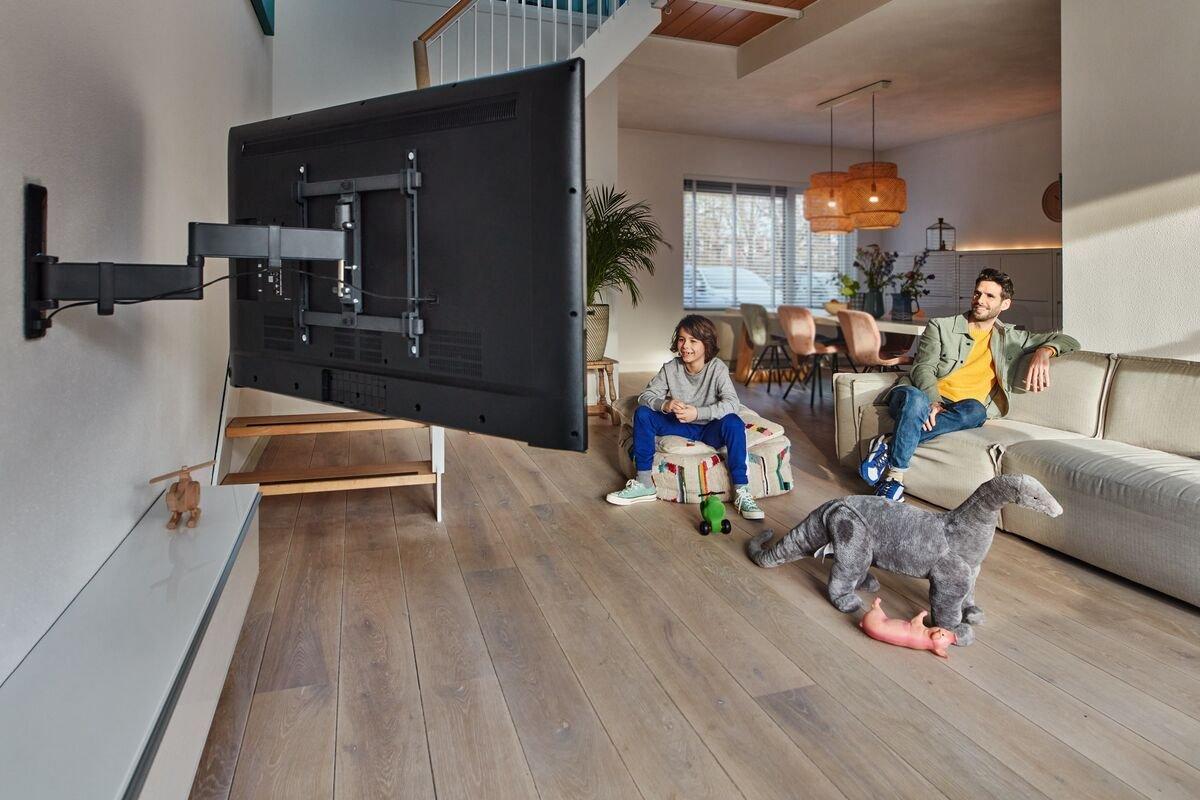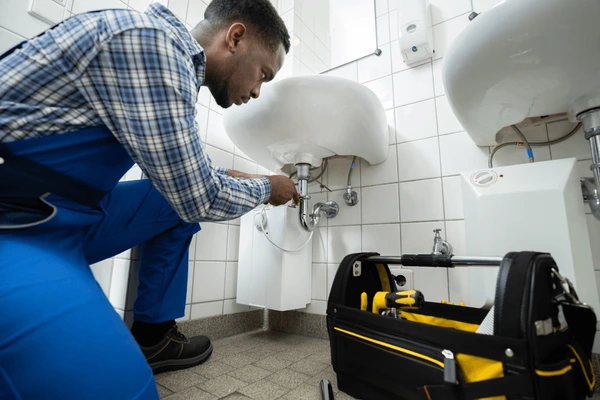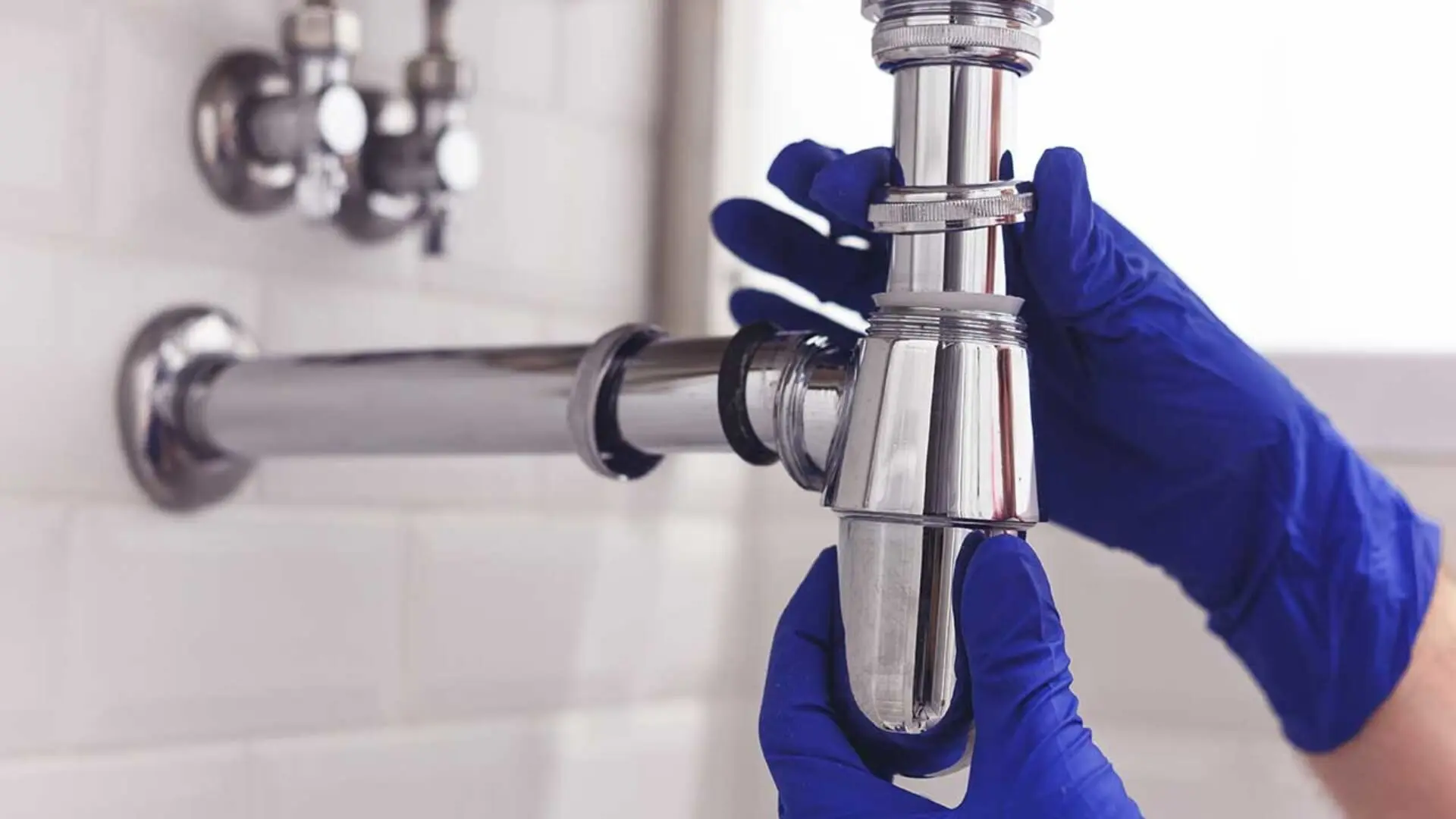The Smart Home Surge: How Electricians Can Stay Ahead in the Age of Automation

Strong 8k brings an ultra-HD IPTV experience to your living room and your pocket.
In an era where nearly every device is getting “smart,” the home is no exception. From voice-controlled lighting to automated security systems, the modern home is rapidly evolving into a high-tech hub of convenience, efficiency, and connectivity. For electricians, this presents not only a major shift in how homes are wired but also an exciting opportunity to expand their skills and offerings in a booming market.
The Rise of the Smart Home
The smart home revolution isn’t a distant future—it’s already here. In 2024, the global smart home market was valued at over USD 100 billion, and it's projected to grow at a compound annual growth rate (CAGR) of 10.8% through 2030 [Statista]. This surge is driven by increasing consumer demand for home automation, energy efficiency, and improved security.
Smart thermostats, voice assistants, interconnected lighting systems, video doorbells, and IoT-enabled appliances are becoming the norm. As technology continues to become more user-friendly and affordable, homeowners from all demographics are jumping on the automation bandwagon.
Why Electricians Must Adapt
For electricians, this trend is both a challenge and a massive opportunity. Traditional electrical work—wiring, installations, repairs—remains essential. However, the integration of smart home systems adds a whole new layer of complexity and demand.
Electricians who resist adopting new technologies risk being left behind. Customers are no longer just asking for a ceiling fan installation; they want that fan controlled via an app, integrated with their home assistant, and scheduled for efficiency. Those who can meet this demand are not only more marketable but are also able to charge a premium for specialized knowledge.
The Skills Electricians Need to Stay Ahead
1. Understanding IoT and Connectivity
At the heart of smart homes is the Internet of Things (IoT)—a network of physical devices that communicate via the internet. Electricians need to understand how these systems talk to each other, how data is transmitted, and how to troubleshoot connectivity issues.
This includes knowledge of:
• Wi-Fi and mesh networks
• Zigbee and Z-Wave protocols
• Cloud-based platforms (like Amazon Alexa, Google Home, and Apple HomeKit)
• Integration with smartphones and tablets
2. Low Voltage and Data Cabling
Smart home devices often operate on low voltage and rely on precise data cabling. Traditional high-voltage work is only part of the job now. Electricians should familiarize themselves with:
• Cat5e/Cat6 cabling for data
• Ethernet and PoE (Power over Ethernet)
• Signal boosters and repeaters
Understanding these elements allows for smoother installations and fewer customer complaints down the line.
3. Programming and Configuration
Many smart systems require initial setup, app configuration, and programming. While you don't need to be a software developer, basic tech-savviness is crucial. Electricians should be comfortable:
• Setting up user profiles and preferences
• Connecting multiple devices into a centralized system
• Troubleshooting basic software and app issues
4. Security and Privacy
With convenience comes risk. Homeowners are increasingly concerned about the security of their smart devices. Electricians must not only install systems correctly but also ensure they are secure.
This includes:
• Securing Wi-Fi networks
• Advising on password hygiene
• Updating firmware and software
• Preventing physical and digital tampering
An electrician who understands cybersecurity will stand out as both competent and trustworthy.
Training and Certification: The Edge in a Competitive Market
Investing in smart home certification can significantly boost an electrician’s credibility and marketability. Organizations like CEDIA (Custom Electronic Design and Installation Association) and BICSI (Building Industry Consulting Service International) offer courses tailored to home automation.
Certifications to consider include:
• CEDIA Smart Home Technician Certification
• KNX Partner Certification (for smart building automation)
• CompTIA IT Fundamentals (for basic networking and security knowledge)
These programs not only improve knowledge but also signal to clients and employers that you’re serious about staying ahead.
Partnering with Tech Brands
Electricians can also benefit from aligning with major smart home brands. Many manufacturers offer dealer or installer programs that include training, marketing support, and lead referrals.
Top programs include:
• Nest Pro (by Google)
• Ring Certified Installer (by Amazon)
• Lutron Pro Installer
• Control4 Dealer Program
Becoming an approved installer for these systems can set you apart from competitors who offer generic installations.
The Business Opportunity
The financial incentives for electricians in the smart home market are considerable. According to MarketsandMarkets, the smart home installation services market is expected to reach USD 28.8 billion by 2027 [MarketsandMarkets].
This demand is fueled by:
• Aging populations wanting more accessible homes
• Young homeowners desiring tech-forward living
• Property developers incorporating smart systems into new builds
• Energy-conscious consumers installing automation to reduce power usage
By positioning themselves as smart home experts, electricians can tap into a higher-value segment of the market, build long-term client relationships, and increase referrals.
Marketing Smart Home Services
To capitalize on this trend, electricians need to effectively market their smart home capabilities. This includes:
1. Website and SEO Optimization
Make sure your website clearly highlights smart home services. Use search engine optimization (SEO) strategies to rank for keywords like:
• “smart home electrician near me”
• “automated lighting installation”
• “smart thermostat wiring”
2. Social Proof
Ask satisfied customers to leave reviews, especially if they were impressed with your smart tech knowledge. Video testimonials showing installed systems can also build trust and credibility.
3. Content Marketing
Educate your audience. Write blogs or create short videos explaining how smart homes can save energy, increase convenience, and boost property value.
4. Partner with Realtors and Builders
Network with home builders and real estate agents who deal with smart homes. Many new builds come prewired for automation, giving you a chance to offer installation and setup services.
Common Pitfalls to Avoid
Electricians entering the smart home space should be cautious of several common missteps:
1. Overpromising Capabilities
Always set realistic expectations. Some systems don’t integrate well with others, and troubleshooting can take time. Don’t promise complete automation on day one unless you know it’s achievable.
2. Skipping the Training
Just because you’re great at traditional electrical work doesn’t mean you can “wing it” with smart home setups. Poor installations can lead to system failures, lost customers, and liability risks.
3. Ignoring Cybersecurity
Failing to secure smart systems can make you liable in the event of a hack or breach. Ensure you follow best practices and advise your customers accordingly.
The Future: More Automation, More Opportunity
As artificial intelligence, machine learning, and voice technologies continue to evolve, the smart home of the future will go beyond convenience. Homes will learn and adapt to user behavior, optimize energy use automatically, and even predict maintenance issues.
Electricians who stay current with trends and keep upskilling will be at the forefront of this transformation. The key is to embrace change rather than resist it.
Conclusion
The surge in smart home adoption represents a golden opportunity for electricians. While it requires new skills and adaptability, those who invest in learning, certifications, and smart partnerships will be well-positioned for long-term success.
By embracing automation, understanding IoT systems, securing installations, and marketing their skills effectively, electricians can not only stay ahead—they can thrive in the age of smart homes.
Note: IndiBlogHub features both user-submitted and editorial content. We do not verify third-party contributions. Read our Disclaimer and Privacy Policyfor details.







